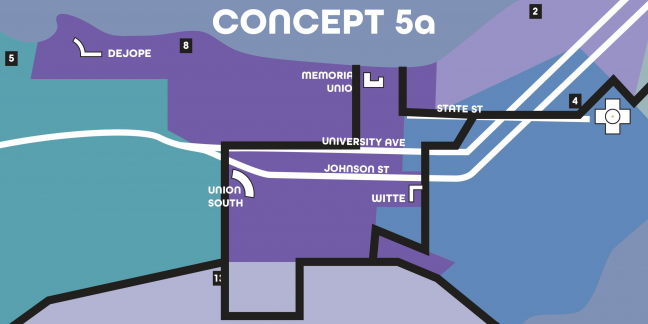Wisconsin is currently engaged in a once-in-a-decade process called redistricting that can make or break the fairness and equity of our state’s elections for the next 10 years. Our state Legislature is responsible for redrawing our congressional and state legislative district lines based on population changes from the U.S. Census.
The district lines drawn are supposed to keep communities of interest together, allowing them to elect officials who will understand and advocate for their needs. Unfortunately, gerrymandering has been a common manipulative practice of lawmakers to keep political power at the expense of the people.
Wisconsin is not exempt from the impacts of gerrymandering. In 2011, the political majority in our state Legislature redrew our communities in ways that would allow for them to keep their political power for the following decade — without consideration of the people and their communities.
A good example of the impact following can be found in the 2018 elections. While a Democratic governor held the popular vote in our state, Republican legislators maintained a supermajority. This is not representative of the people and our communities, which is why more needs to be done to ensure a fair and equitable redistricting process.
As a young person and college student, my economic and social future relies heavily on the decisions that policymakers will make during our state’s redistricting process. From gaining employment to purchasing my first home and everything in-between, redistricting has the potential to impact the livelihoods of each and every one of us.
As such, and to make my voice and the voices of other college students heard, I joined the Fair Elections Center’s Campus Vote Project as a redistricting fellow.
Over the past several months, I have drawn and submitted maps to the Wisconsin Legislature advocating to keep our campus communities together. Many Wisconsin college and university communities are split between multiple districts and that needs to change. I have also contacted my state representatives in order to share these concerns, and I will continue to do so as Wisconsin’s redistricting process moves forward.
Wisconsin residents have opportunities to make their voices heard as part of our redistricting process. From submitting map proposals to writing op-eds and testifying before our state Legislature, it is imperative our elected officials hear our concerns and needs.
Otherwise, policymakers can continue to hire lawyers who will draw map proposals behind closed doors with little to no public input. Let’s use these opportunities to hold our elected officials accountable, put our concerns on the record and advocate for the changes our communities woefully need.
William Kammerer (wkammerer@wisc.edu) is a junior majoring in political science and international studies. He is also a redistricting fellow with Fair Elections Center’s Campus Vote Project.


